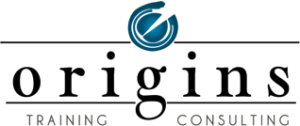Open to access this content
Open to access this content
Open to access this content
Open to access this content
Open to access this content
Open to access this content
Open to access this content
Open to access this content
Open to access this content
Open to access this content
Open to access this content
Open to access this content




 Getting Started: A Guide from Trauma to Resilience
Getting Started: A Guide from Trauma to Resilience